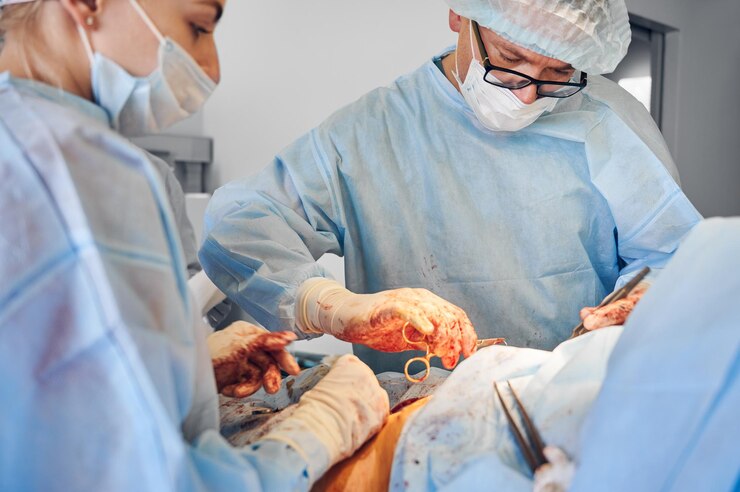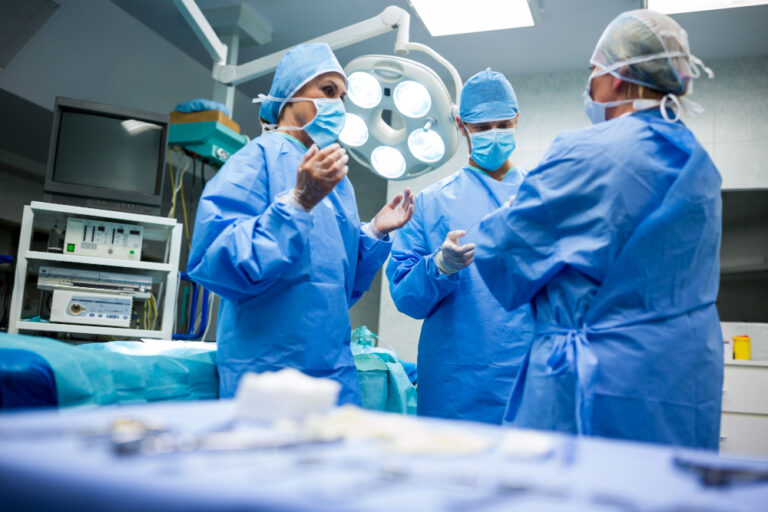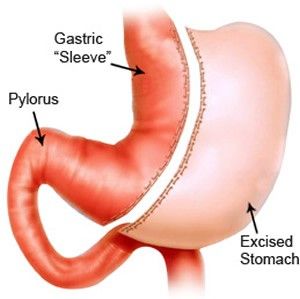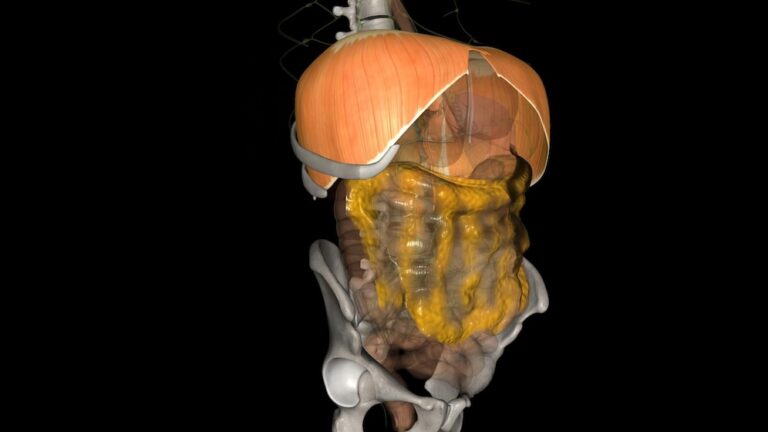The Precision of Laser Procedures in Modern Medicine.
Laser technology has revolutionized various fields, including medicine, offering precise and minimally invasive solutions for a wide range of conditions. Laser procedures have become increasingly popular due to their effectiveness, safety, and ability to target specific tissues with unparalleled precision. From dermatology to ophthalmology and beyond, lasers have transformed the landscape of medical treatment. In this article, we delve into the diverse applications, benefits, and advancements in laser procedures across different medical specialties.
To Know More About it Please Click Here
Understanding Laser Procedures:
Laser procedures utilize concentrated beams of light energy to target and treat specific tissues within the body. The term “laser” stands for Light Amplification by Stimulated Emission of Radiation, highlighting the focused and amplified nature of the light energy emitted by these devices. Medical lasers come in various wavelengths and configurations, each tailored to address different tissue types and medical conditions.
Applications in Various Medical Specialties:
- Dermatology: Laser procedures are widely used in dermatology for cosmetic and medical purposes. They can effectively treat skin conditions such as acne, scars, pigmentation disorders, and unwanted hair growth. Laser resurfacing techniques, such as fractional laser therapy, can rejuvenate the skin by stimulating collagen production and improving skin texture and tone.
- Ophthalmology: In ophthalmology, lasers are employed for vision correction procedures such as LASIK (Laser-Assisted in Situ Keratomileusis) and PRK (Photorefractive Keratectomy) to reshape the cornea and correct refractive errors such as nearsightedness, farsightedness, and astigmatism. Laser therapy is also used to treat certain eye conditions such as glaucoma and diabetic retinopathy.
- Surgery: Laser technology has revolutionized surgical procedures across various specialties. In areas such as urology, gastroenterology, and gynecology, lasers are used for minimally invasive surgeries to treat conditions such as kidney stones, benign prostatic hyperplasia (BPH), and uterine fibroids. Laser-assisted techniques offer reduced blood loss, shorter recovery times, and improved surgical precision compared to traditional methods.
- Dentistry: Laser dentistry has emerged as a versatile tool for various dental procedures, including cavity detection, gum disease treatment, tooth whitening, and soft tissue surgeries such as gum reshaping and frenectomy. Laser technology in dentistry offers benefits such as minimized discomfort, faster healing, and precise tissue targeting.
Benefits of Laser Procedures:
- Precision: Laser procedures allow for precise targeting of specific tissues while minimizing damage to surrounding healthy tissue. This precision enhances treatment efficacy and reduces the risk of complications.
- Minimally Invasive: Many laser procedures are minimally invasive, involving smaller incisions, less tissue trauma, and faster recovery times compared to traditional surgery. This makes laser procedures attractive options for patients seeking less invasive treatment options.
- Reduced Risk of Infection: Laser energy can sterilize and disinfect tissues, reducing the risk of infection during and after procedures. This is particularly advantageous in surgical and dental settings where infection control is paramount.
- Versatility: Laser technology is versatile and can be adapted for use across various medical specialties and applications. Its ability to target different tissue types and conditions makes it a valuable tool in the medical arsenal.
Advancements in Laser Technology:
Advancements in laser technology continue to expand the capabilities and applications of laser procedures in medicine. Innovations such as fractional lasers, picosecond lasers, and laser-assisted robotics are driving improvements in treatment outcomes, patient comfort, and procedural efficiency. Additionally, ongoing research and development efforts are focused on refining laser systems, optimizing treatment protocols, and exploring new applications for laser technology in medical practice.
To Know More About it Please Click Here
Conclusion:
Laser procedures have revolutionized modern medicine, offering precise, minimally invasive solutions for a wide range of medical conditions across various specialties. From dermatology to surgery and dentistry, lasers continue to transform the way we diagnose, treat, and manage diseases. As laser technology advances and evolves, its impact on medical practice is expected to grow, paving the way for enhanced treatment options, improved patient outcomes, and continued innovation in healthcare.







